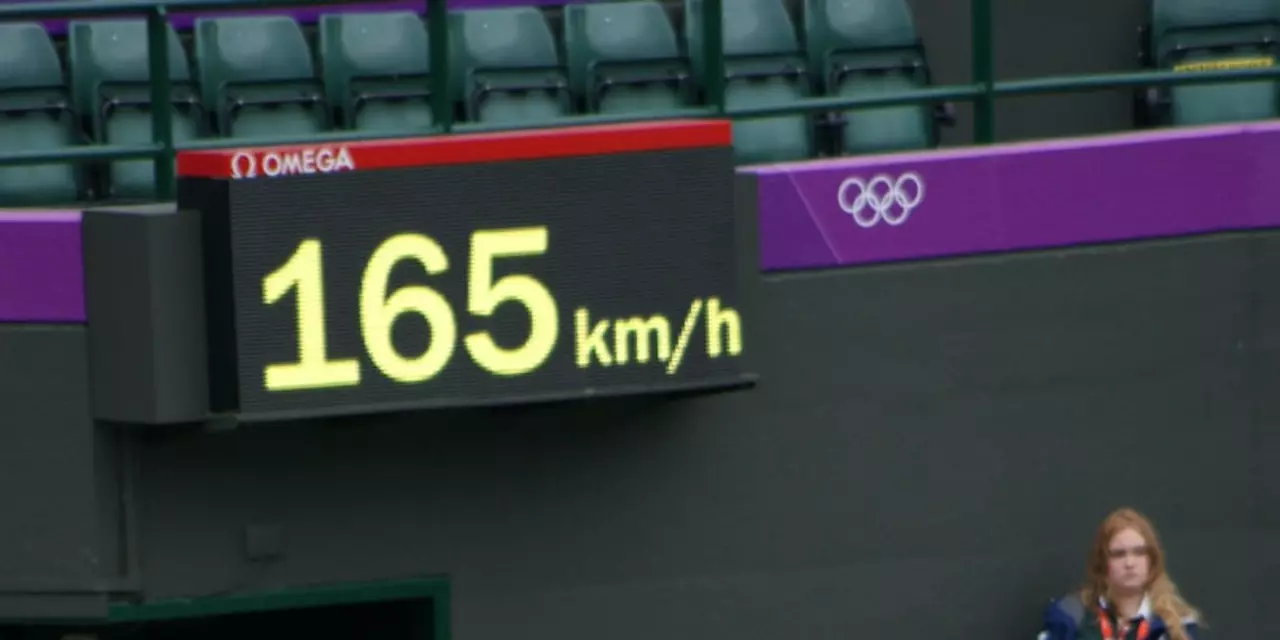Contracts: Your Complete Guide to Legal Agreements and Clauses
When dealing with contracts, formal, binding promises between two or more parties that create legal obligations. Also known as legal agreements, documents that outline rights, duties, and expectations, a contract is more than just paper—it’s the framework that lets businesses, freelancers, and everyday people protect their interests. A well‑written contract includes clauses, individual sections that detail specific terms such as payment, delivery, or termination, and it usually begins with a negotiation phase where parties hash out the details before signing.
One of the first semantic relationships you’ll notice is that contracts encompass clauses. Each clause serves a purpose: a “price” clause sets the amount due, a “confidentiality” clause protects sensitive data, and a “force‑majeure” clause covers unexpected events. This structure means that the quality of the clauses directly influences the overall enforceability of the contract. If a clause is vague or illegal, a court may strike it down, weakening the contract’s power. That’s why understanding how clauses interact with each other is essential for anyone drafting or reviewing a legal agreement.
How Negotiation Shapes a Contract’s Strength
Negotiation isn’t just a courteous step; it shapes the contract’s core. During negotiation, parties identify their obligations, what each side promises to do or provide, and they clarify any ambiguous language. Effective negotiation reduces the risk of future disputes because both sides have a shared understanding of the terms. A contract that reflects balanced negotiation tends to be more enforceable because it demonstrates mutual assent—a key principle in contract law.
Another important link is that contract law, the body of rules that governs how contracts are formed, interpreted, and enforced, influences every stage of a contract’s life. From the initial offer to the final performance, contract law provides the criteria for what counts as a valid agreement. Knowing basic contract law concepts—like consideration, capacity, and legality—helps you spot red flags early and craft stronger clauses.
Beyond the basics, there are specialized contract types that bring additional considerations. Employment contracts, for example, must comply with labor regulations, while construction contracts often include performance bonds and insurance requirements. Each niche adds its own set of clauses and negotiation points, but the underlying principles stay the same: clear language, mutual agreement, and legal enforceability.
Technology has also changed how contracts are created and signed. Electronic signatures, cloud‑based contract management tools, and smart contracts on blockchain platforms all streamline the process. However, the legal principles remain unchanged: a contract still needs offer, acceptance, consideration, and intent. When you use digital tools, make sure they meet the jurisdiction’s requirements for electronic records to keep the contract enforceable.
Finally, the enforcement step ties everything together. If a party breaches the contract, the non‑breaching side can seek remedies such as damages, specific performance, or contract rescission. The availability of these remedies depends on the contract’s wording and the governing law. A contract that includes a well‑defined “remedies” clause gives both parties a clear path forward, reducing uncertainty when disputes arise.
All these elements—clauses, negotiation, legal frameworks, and enforcement—form a network of relationships that turn a simple promise into a powerful legal tool. Below, you’ll find a curated set of articles that dive deeper into each of these topics, from real‑world contract disputes to practical negotiation tactics. Whether you’re signing your first freelance agreement or reviewing a multi‑million‑pound partnership, the posts ahead will give you actionable insights to make your contracts work for you.

Which professional sports have guaranteed contracts?
Guaranteed contracts are a common practice in professional sports, especially in North America. They provide athletes with financial security and stability, as they guarantee a minimum salary regardless of performance. In the United States, the four major professional sports leagues - MLB, NBA, NFL and NHL - all have guaranteed contracts, while in Canada the CFL and NHL have them. Guaranteed contracts are beneficial to athletes, as they provide the financial security they need to perform at their best, and to their teams, as they protect them from financial losses in the event of an athlete's poor performance or injury.
Read More